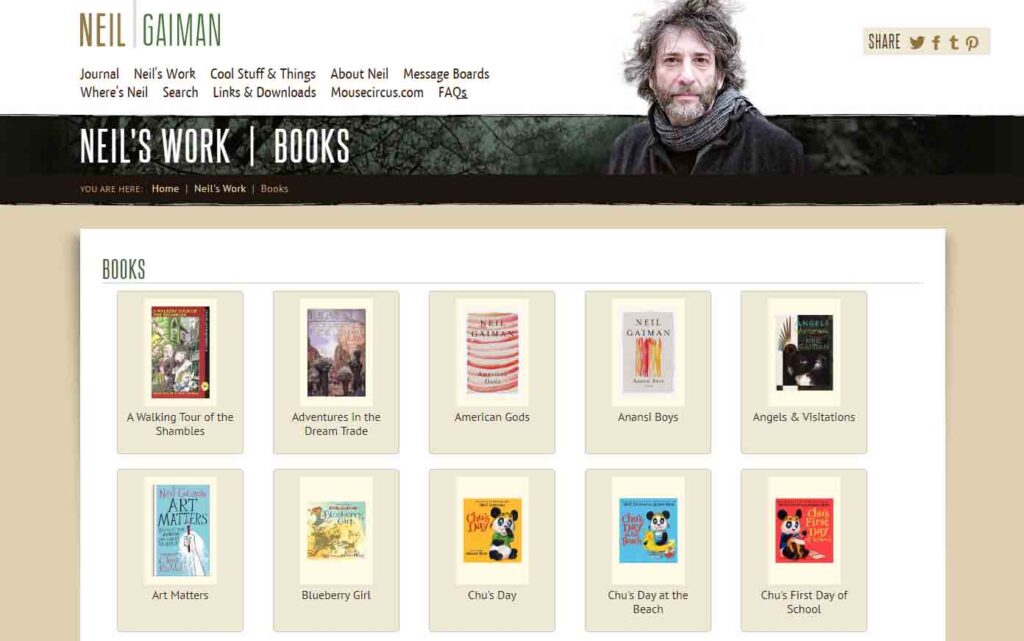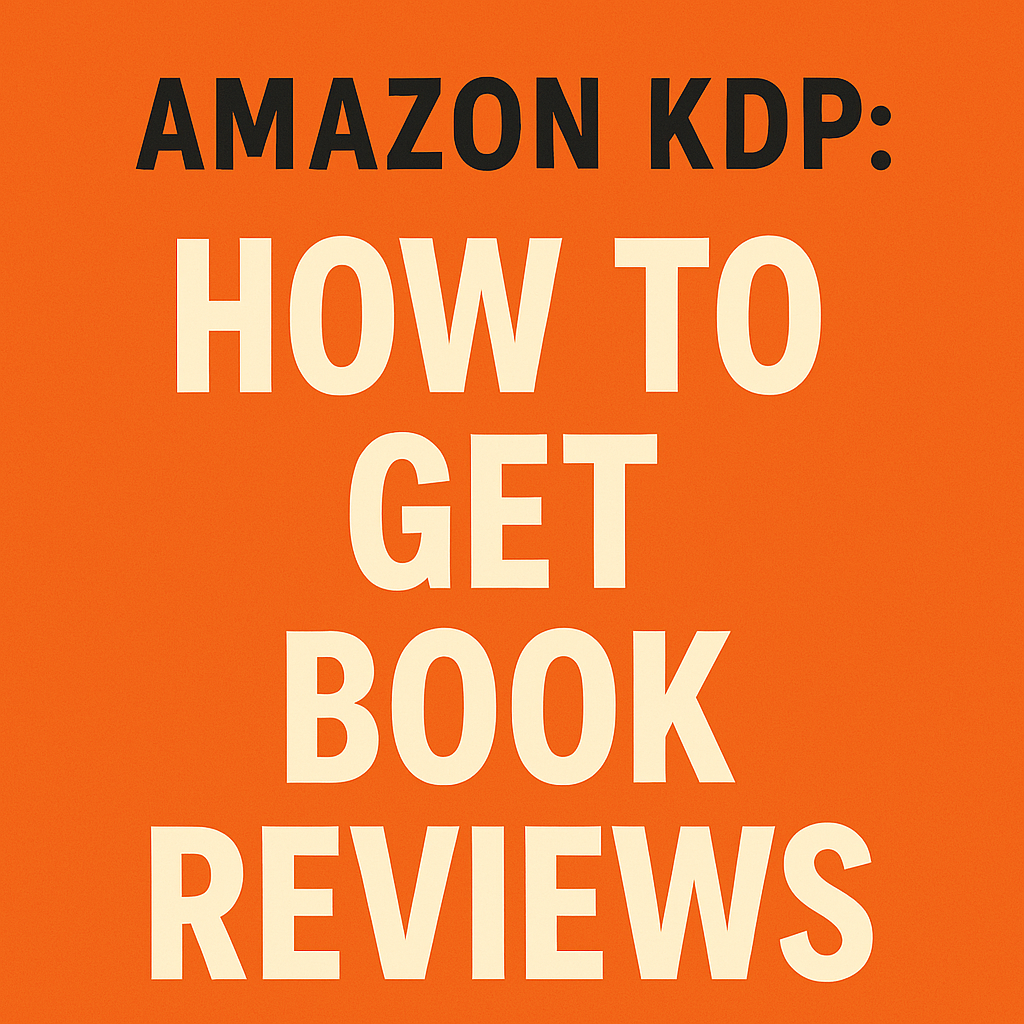An author website is an essential tool for writers to showcase their work, build their brand, and connect with readers.
It serves as a central hub for all online activities, allowing writers to promote their work, share their thoughts, and engage with their audience.
Whether you’re a published author or an aspiring writer, having an author website is crucial in today’s digital age.
Reasons to Have an Author Website
There are several reasons why writers need an author website:
- Central Hub for Online Activities: An author website provides a centralized platform where readers can find information about your books, read your blog posts, sign up for your newsletter, and connect with you on social media. It brings together all your online presence in one place.
- Establish Credibility: A professional-looking website with high-quality content demonstrates that you take your writing seriously and are committed to your craft. It helps establish your credibility as a writer, showing readers that you are dedicated and professional.
- Marketing Tool: An author website serves as an excellent marketing tool to reach a wider audience and sell more books. It allows you to showcase your writing skills, build your brand, and connect with readers worldwide.
Understanding the Purpose of an Author Website
An author website is a vital tool for writers looking to establish a professional online presence and increase their visibility.
It serves as a hub for all online activities and provides a platform for promoting work, engaging with readers, and building a fan base.
Showcasing Work and Providing Information
The primary purpose of an author website is to showcase your work and provide readers with a place to learn more about you and your books.
It should include information about your background, writing process, and any upcoming events or book releases.
Additionally, it should offer readers a convenient way to purchase your books directly from the website.
Building Brand and Credibility
An author website helps build your brand and establish your credibility as a professional writer.
It should be well-designed, easy to navigate, and reflect your unique voice and style.
Optimizing it for search engines ensures readers can easily find your website and books online.
Engaging with Readers and Building a Community
In addition to promoting your work, an author website can be used to engage with readers and build a community around your books.
It should include a blog or other content that provides valuable insights into your writing process, along with news and updates about upcoming releases or events.
When Starting Out as an Author
If you’re a new author, you might wonder if you need an author website.
The answer is yes, you do. Building a website is an essential step in establishing your online presence and reaching your target audience.
Building a Reader Base
An author website helps build a reader base by providing a platform for readers to learn about your work and connect with you.
It should include information about your books, author bio, and links to your social media profiles.
Offering freebies, such as book samples or exclusive content, can encourage readers to sign up for your mailing list.
Here are a few examples of well-designed and engaging author websites:
Neil Gaiman
Neil Gaiman’s website (https://www.neilgaiman.com/) showcases his vast body of work, including novels, short stories, and graphic novels.
The website features a clean and visually appealing design, with easy navigation and links to his social media profiles.
It also includes a blog where Neil shares updates and insights into his writing process.
J.K. Rowling
J.K. Rowling’s website (https://www.jkrowling.com/) is an excellent example of an author website that combines elegance with interactivity.
It provides comprehensive information about her books, along with news and updates about her projects.
The website also features an interactive section called “The Rumour Mill,” where J.K. Rowling addresses various rumors and clarifies facts about her work.
Brandon Sanderson
Brandon Sanderson’s website (https://www.brandonsanderson.com/) is a great example of an author website that engages readers and fosters a sense of community.
It offers detailed information about his books, including sample chapters and annotations.
The website also features a vibrant forum where fans can discuss his works and interact with other readers.
Marie Lu
Marie Lu’s website (https://marielu.org/) showcases her young adult novels and provides an immersive experience for her readers.
The website features stunning visuals, interactive maps, and character profiles that allow readers to dive deeper into her fictional worlds.
It also includes a blog where Marie shares writing updates and personal insights.
John Green
John Green’s website (https://www.johngreenbooks.com/) is a prime example of an author website that reflects his unique style and personality.
The site is colorful and visually appealing, with engaging graphics and illustrations.
It offers information about his books, podcasts, and videos, along with a blog where John shares personal stories and thoughts.
These examples demonstrate how author websites can be creatively designed to engage readers, provide valuable content, and reflect the author’s brand and personality.
Establishing an Online Presence
An author website helps establish your online presence by serving as your home base.
It allows readers to find information about you and your work while showcasing your writing skills and establishing yourself as an authority in your genre.
Ensure your website is visually appealing, easy to navigate, and optimized for search engines.
You can also use your website to blog about your writing process, book releases, and other relevant news, further solidifying your online presence.
Overall, when starting out as an author, building a website is a crucial step in establishing your online presence and building a reader base.
It doesn’t have to be complicated or expensive, but it should be professional and reflect your brand.









